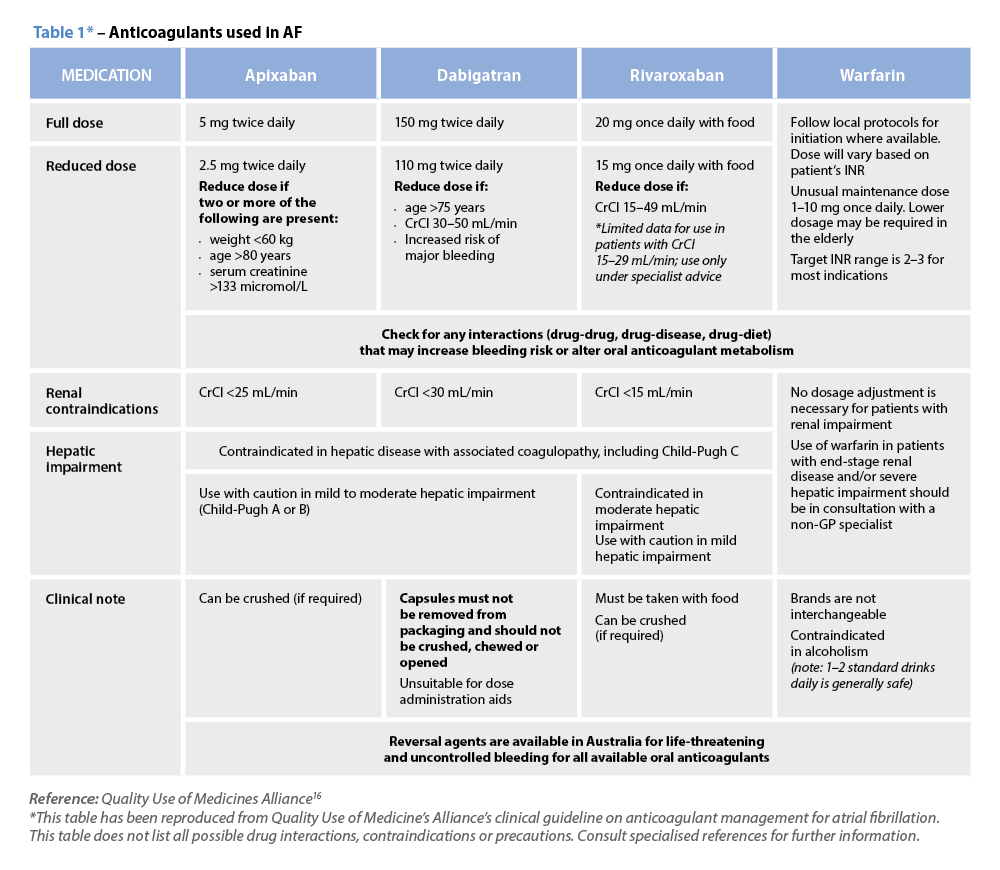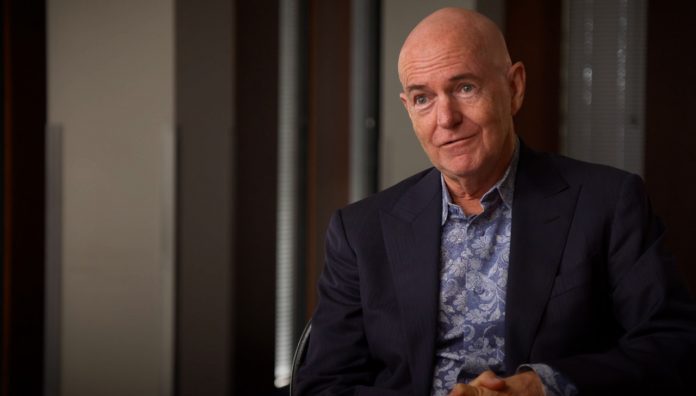John Jackson FPS has been named PSA Pharmacist of the Year for his decades-long commitment to developing new practice and funding models, and for his influence on health policy and pharmacy education.
The prestigious award was announced at the flagship conference PSA18 in Sydney today.
‘I’m incredibly grateful to be recognised in this way,’ said Mr Jackson who is Director of Project Pharmacist at Monash University and President of Western Pacific Pharmaceutical Forum.
‘I’ve seen many amazing pharmacists stand on that podium and listened to their inspiring stories and to be recognised by my peers in the same way is very gratifying, I feel quite humbled.’
Mr Jackson has contributed towards excellence in pharmacy practice through a wide range of activities, said PSA National President Dr Shane Jackson.
‘As a practitioner he provided advice through state and national PSA board and committees, and has led many papers on the expanding role of pharmacists, including the Pharmacy Professions 2014 Vision Paper for pharmacists,’ said Dr Jackson.
‘In the regulatory and policy area, John has had significant roles through the Advisory Committee on Medicines Scheduling and Australian Commission on Safety and Quality in Health Care.
‘He led the group that undertook the initial research to establish the financial, operational and professional benefits of dispensing PBS-funded items directly from a drug-therapy chart without the need for separate prescriptions.’
More recently, Mr Jackson offered his help by using his personal company to establish a not-for-profit pharmacy serving disadvantage clients within Collingwood Community Health, solving a major pharmacy funding problem.
‘By doing so he has saved the pharmacy service and created a new model of pharmacy in the not-for-profit sector,’ said Dr Jackson.
Next on his to-do list is establishing a longitudinal study of the pharmacist workforce.
‘Medicine has MABEL – the Medicine in Australia: Balancing Employment and Life (MABEL) longitudinal survey – but pharmacy is missing this,’ he said.
Mr Jackson noted that since 1995 there had been a significant increase in pharmacy graduates but little was known about where they ended up.
‘That increase resolved the phenomenal shortage that we had. Now we’re still graduating similar numbers but we are not seeing an oversupply,’ he said.
‘If anything, we’re starting to see a shortage emerge again. And the question is where did all those graduates go?’
Mr Jackson said a longitudinal study of the workforce would help guide pharmacy policy, regulation and funding.
The PSA Pharmacist of the Year Award is made possible by Symbion.




 ‘We’re increasingly seeing incidents where alert fatigue has been identified as a contributing factor. It’s not that there wasn’t an alert in place, but that it was lost among the other alerts the clinician saw,’ Prof Baysari says.
‘We’re increasingly seeing incidents where alert fatigue has been identified as a contributing factor. It’s not that there wasn’t an alert in place, but that it was lost among the other alerts the clinician saw,’ Prof Baysari says.


 Beyond the arrhythmia, AF often signals broader pathological processes that impair cardiac function and reduce quality of life and life expectancy.5 Many of these conditions are closely linked to social determinants of health, disproportionately affecting populations with socioeconomic disadvantage. Effective AF management requires addressing both the arrhythmia and its underlying contributors.4
Beyond the arrhythmia, AF often signals broader pathological processes that impair cardiac function and reduce quality of life and life expectancy.5 Many of these conditions are closely linked to social determinants of health, disproportionately affecting populations with socioeconomic disadvantage. Effective AF management requires addressing both the arrhythmia and its underlying contributors.4  C – Comorbidity and risk factor management
C – Comorbidity and risk factor management Warfarin
Warfarin







